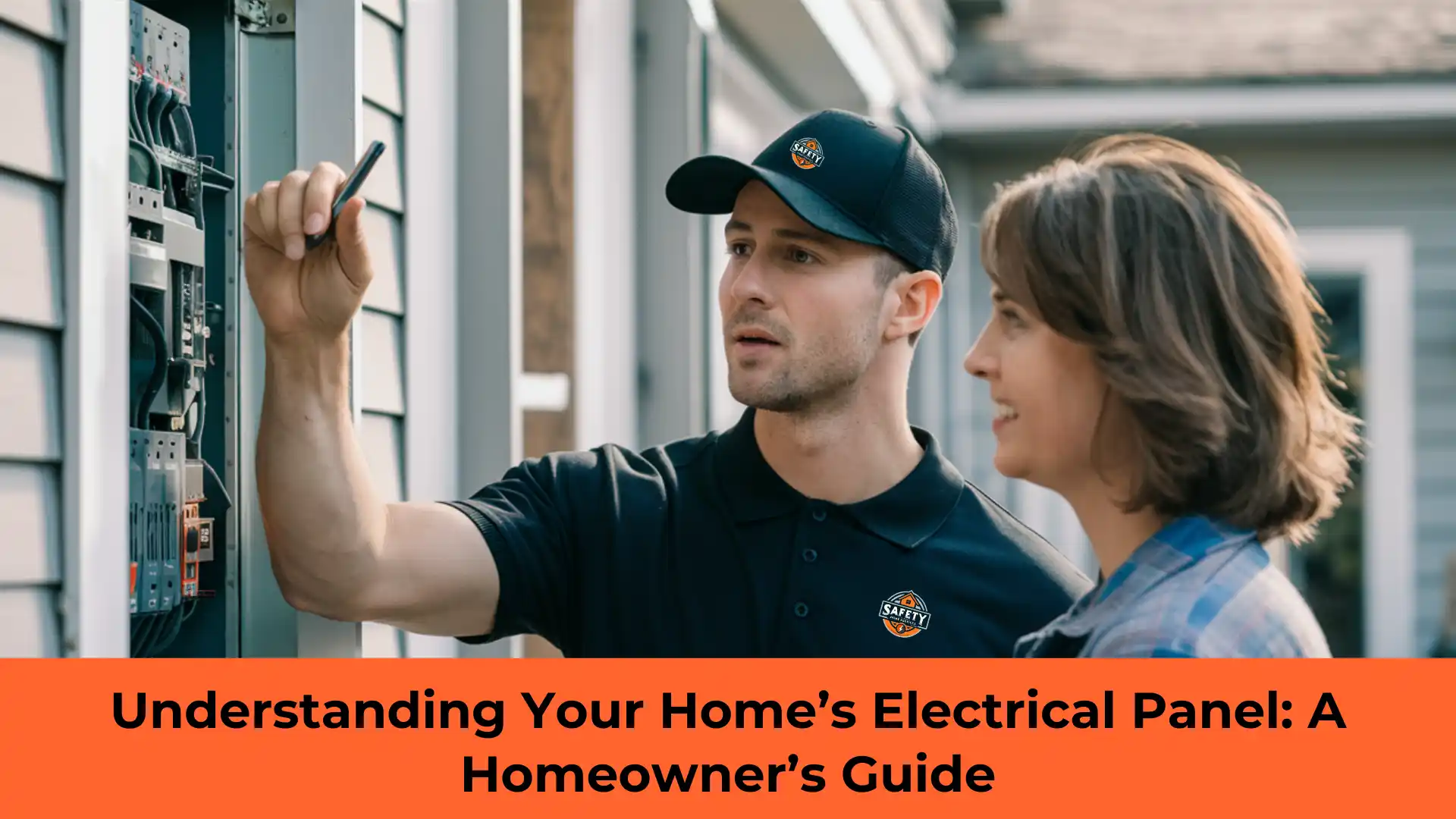WELCOME TO SAFETY HOME SERVICES
CCB #188332
WELCOME TO SAFETY HOME SERVICES
CCB #188332
Home / Blog

Your home’s electrical panel, often called the breaker box or fuse box, is the central hub for all the electrical circuits in your house. It’s responsible for distributing electricity throughout your home and plays a crucial role in maintaining electrical safety. Understanding the basics of your electrical panel can help you manage your home’s electrical system more effectively and know when to call a professional. This comprehensive guide will demystify your electrical panel, covering its components, basic maintenance tips, and indicators that it’s time to seek professional help.
Components of Your Electrical Panel To effectively manage your electrical panel, it’s important to understand its key components:
Basic Maintenance Tips Regular maintenance of your electrical panel can prevent many common electrical issues and ensure your system runs smoothly:
When to Seek Professional Help While homeowners can do basic maintenance, certain situations require the expertise of a professional electrician:
Conclusion Understanding your home’s electrical panel is essential for maintaining a safe and efficient residential electrical services system. Regular maintenance, such as visual inspections and testing circuit breakers, can prevent many common issues. However, it’s important to recognize when to call a professional to handle more complex problems or upgrades.
If you have any concerns about your electrical panel or need professional assistance, contact Safety Home Services. Our team of certified electricians is dedicated to ensuring your home’s electrical system is safe and up-to-date. Visit our website at Safety Home Services or call us at (971) 345-5650 to schedule an inspection or consultation. Your safety is our priority—let us help you keep your home running smoothly and safely.
© 2024 The content on this website is owned by us and our licensors. Do not copy any content (including images) without our consent.

Sign up now for weekly news and updates
© 2024 The content on this website is owned by us and our licensors. Do not copy any content (including images) without our consent.